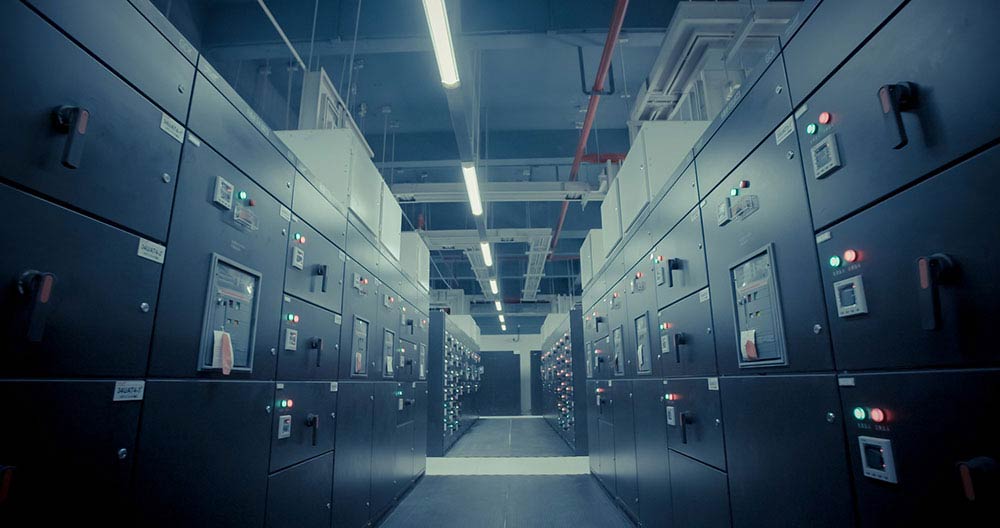Data Center Construction: Is Speed Crucial?

The demand for data centers is surging at an unprecedented rate. These facilities are the lifeblood of the internet, cloud computing, and the vast array of digital services that define our modern lives.
As the world becomes increasingly data-driven, the need for more, and more advanced, data centers is growing rapidly. This expansion is not just about quantity; it’s about quality and timeliness, reflecting the pace at which digital technologies are evolving.
Amidst this backdrop, a critical debate emerges around the speed of construction in data center projects. With the digital economy racing forward, the pressure to build data centers quickly is intense. Companies and service providers are striving to meet the ever-increasing data needs of businesses and consumers, which raises the question: how crucial is speed in the construction of data centers?
As we discuss the importance and implications of speed in data center construction, we delve into various dimensions of this topic. It’s not only about the construction speed per se but also about how this speed affects the quality, reliability, and sustainability of data centers. The discussion will explore the challenges and trade-offs involved in fast-paced construction, the impact of rapid deployment on operational efficiency, and the role of emerging technologies in accelerating the build process without compromising on essential aspects like security and energy efficiency.
The Data Center Boom
The demand for more and faster data center construction is being driven by a digital revolution. Cloud computing, big data analytics, and IoT have necessitated the expansion of data infrastructure on a massive scale. With technology advancing at a breakneck pace, the trend shows no signs of slowing down, with predictions pointing towards continued growth in data center construction.
Understanding Speed in Construction
In the realm of data centers, ‘speed in construction’ refers to the swift development of these facilities to meet market demands promptly. This involves various approaches, such as using prefabricated modules, which can significantly reduce construction time compared to traditional methods. The primary goals of speedy construction include meeting rapidly evolving market demands and reducing time to operation, which can be crucial for businesses.
Benefits of Rapid Construction
Rapid construction offers several advantages for data centers, including reduced costs, quicker return on investment (ROI), and the ability to stay ahead of the competition. Fast-track data center projects that have successfully leveraged these benefits often serve as benchmarks in the industry. Technological and methodological innovations, such as modular construction and advanced project management tools, enable this swift pace of construction.
Quality vs. Speed: Striking a Balance
While the need for speed is undeniable, it raises concerns about potential compromises in quality and reliability. Maintaining high standards of quality while adhering to tight schedules requires strategic planning and execution. Industry best practices often involve leveraging advanced construction methodologies and technologies that do not sacrifice quality for speed.
The Role of Planning and Design
Effective planning and design are crucial in achieving rapid construction without compromising on quality. Advanced design tools like Building Information Modeling (BIM) play a pivotal role in optimizing construction speed. Additionally, incorporating scalability and flexibility in design ensures that data centers can accommodate future expansions and technological advancements.
Challenges in Rapid Construction
Rapid data center construction comes with its set of challenges and risks, including resource management, supply chain issues, and ensuring regulatory compliance. Mitigating these challenges often requires robust project management, effective resource allocation, and comprehensive contingency planning.
Sustainability Considerations
The intersection of rapid construction and sustainability is a critical consideration in the development of data centers. Integrating sustainable practices into fast-paced construction projects is not only possible but also beneficial in the long term. Sustainable construction approaches can lead to more energy-efficient and environmentally friendly data centers.
The Future of Data Center Construction
Looking ahead, the future of data center construction promises to be shaped by ongoing innovations in speed, technology, and sustainability. Emerging technologies and construction methodologies are likely to further enhance the efficiency and effectiveness of data center construction. The industry is poised to evolve continuously in response to the ever-growing data needs of our digital world.
Conclusion
In summary, speed in data center construction is an essential aspect that needs to be carefully balanced with quality and sustainability. While the need for rapid development is driven by the fast-paced digital landscape, it is crucial to approach data center construction thoughtfully, ensuring that current needs are met without compromising future readiness. As we look to the future, the data center construction industry must remain adaptable, innovative, and forward-thinking to keep pace with the digital revolution.


